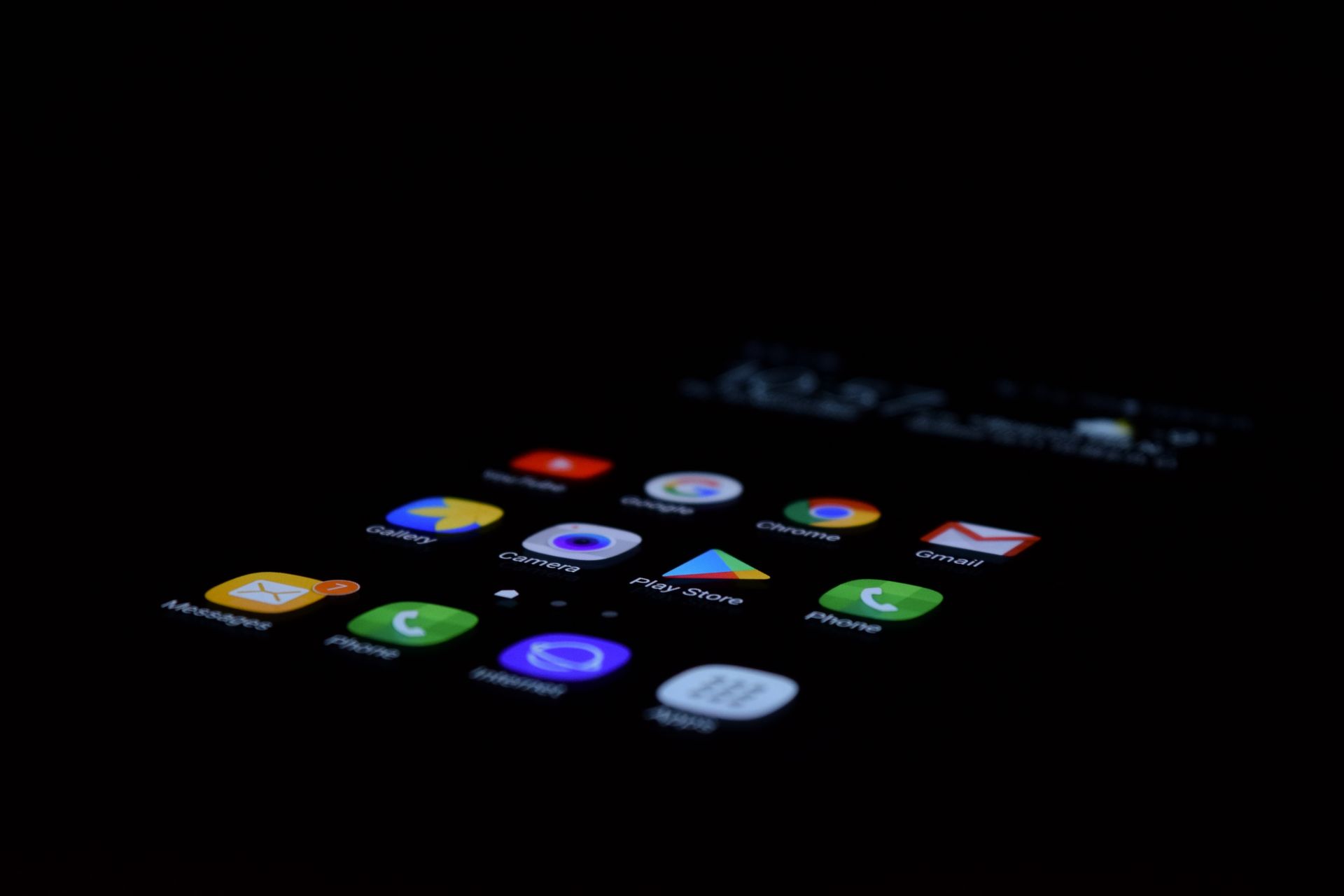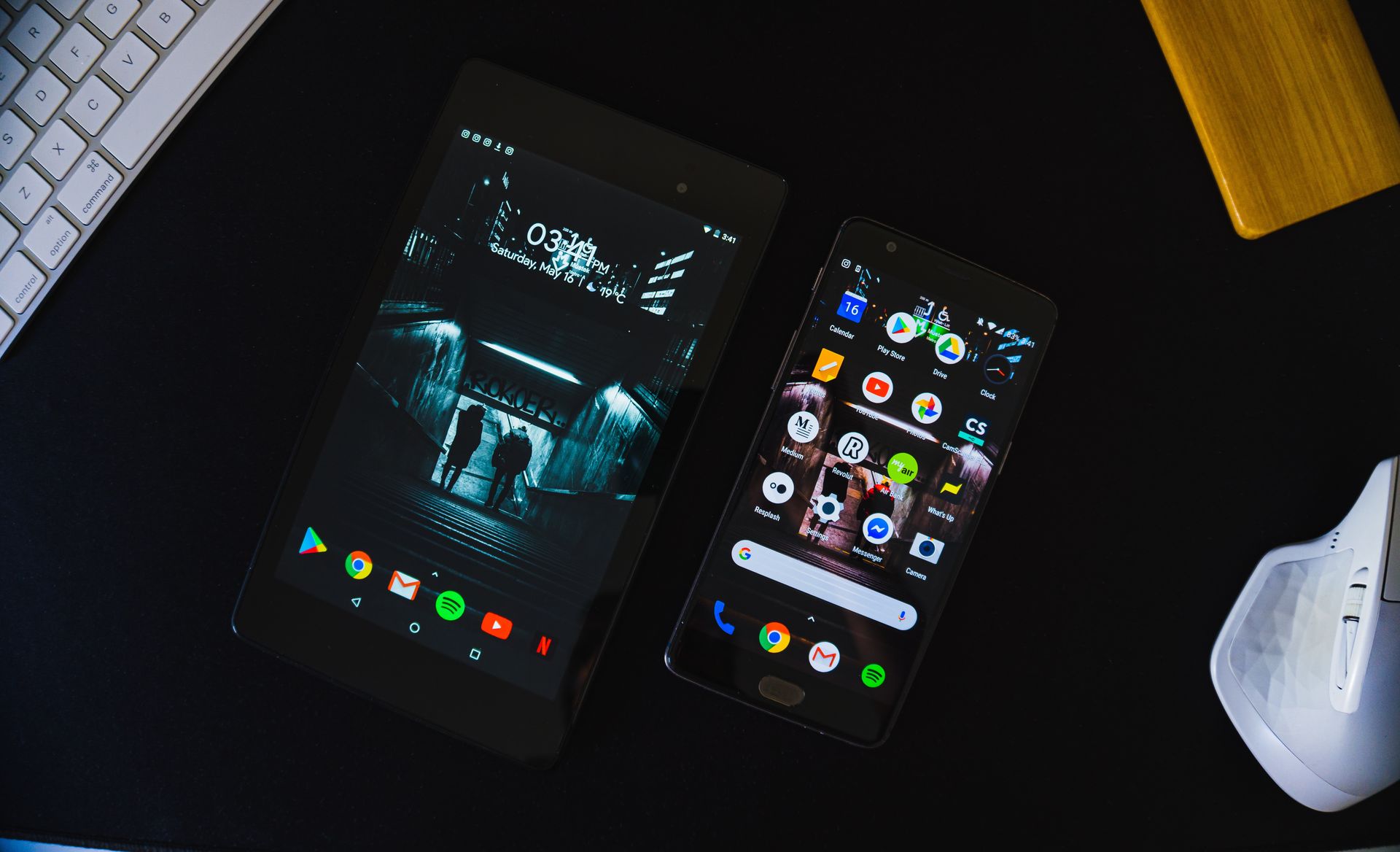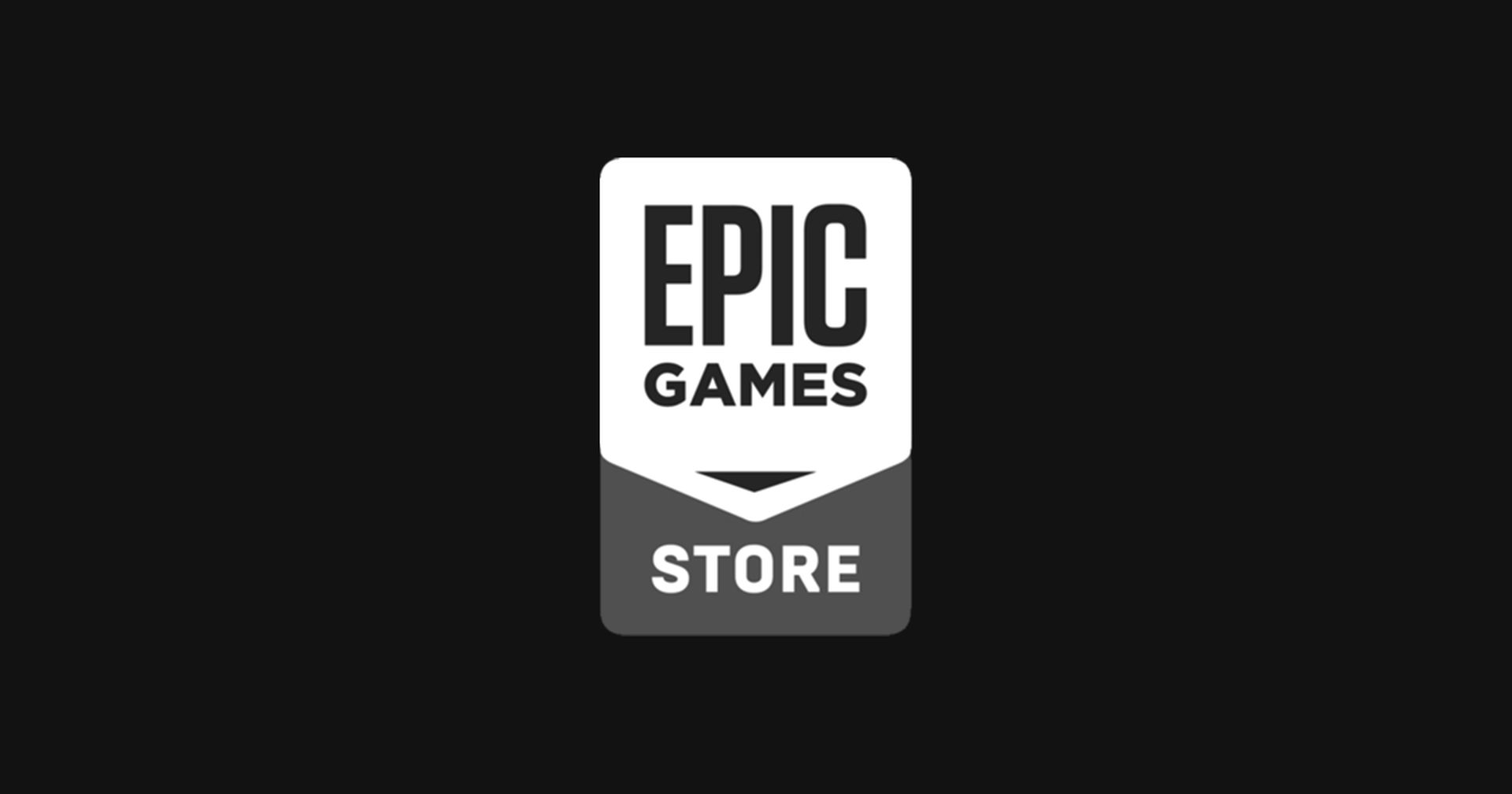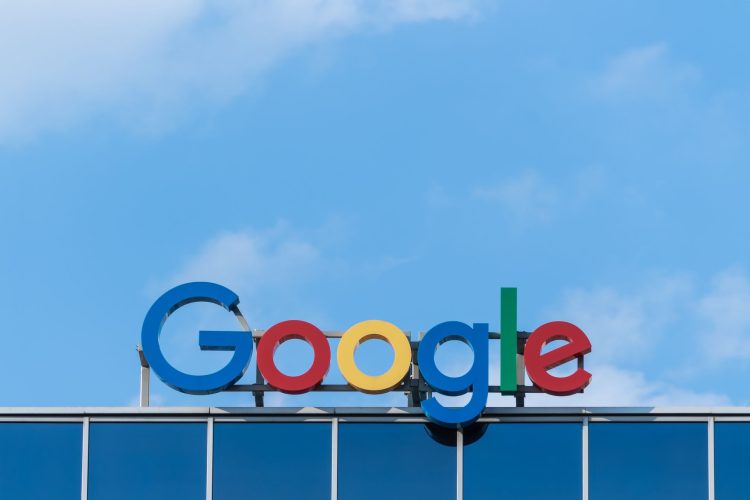Tech giant Google has committed to pay $700 million and facilitate increased competition in the Play app store, in accordance with the terms of the antitrust Google Play Store settlement filed in federal court on Monday. Here are the details…
Google Play Store settlement: Everything you need to know
The settlement addresses long-standing allegations that Google adversely affected competition through its app store terms and fees. Under the settlement, approximately 102 million eligible US consumers are entitled to a total of $630 million in compensation, with the remaining $70 million to be distributed among the participating states.
The majority of affected users (approximately 71.4 million) will not need to file a claim to benefit from the settlement. Each consumer eligible for compensation will receive $2 or more based on their spending in the Google Play Store between August 16, 2016, and September 30, 2023.

This settlement has the potential to reshape Google’s app store business, given increased scrutiny over its control over Android app distribution and its relationship with independent software developers. The importance of this settlement is underscored by a recent federal jury verdict that classified Google’s app store as an illegal monopoly after a lengthy legal battle with Epic Games. Google is currently appealing that ruling.
New York Attorney General Letitia James, a key figure in the case, emphasized the importance of preventing any company, regardless of size, from monopolizing a market and using its influence to overcharge consumers and block competition. The settlement requires monetary compensation and changes to Google’s app store practices.
As part of the settlement, Google agreed to expand a five-year pilot program, user preferential billing. This program allows users to choose between paying for in-app purchases through Google’s billing system or through a third-party payment channel, potentially offering a small fee discount to developers using third-party billing systems. The agreement also gives app makers a multi-year guarantee to inform users about promotions, alternative billing systems, Google’s commissions, and ways to bypass the tech giant’s fees.

The deal also requires Google to simplify the process of installing apps from unofficial stores and third-party websites, known as sideloading. Google acknowledges support for sideloading to promote an open Android ecosystem but warns of potential security or privacy risks.
In response to the proposed settlement, Google expressed its satisfaction with the resolution of the lawsuit brought by the attorneys general of California, Florida, Utah, Washington, and the District of Columbia. Wilson White, Google’s vice president of government affairs and public policy, emphasized that Android and Google Play are constantly evolving to provide flexibility and choice.
Google Play Store lawsuit details
Epic Games, a key player in the legal battle against Google, called the settlement weak and insufficient. Epic Games plans to pursue more meaningful penalties as the case moves into the settlement phase. Epic’s Vice President of Public Policy Corie Wright criticized the states’ settlement for failing to address the substance of Google’s alleged unlawful and anticompetitive conduct, especially given the $10.5 billion antitrust damages claim.

These legal battles over app store apps represent just one aspect of the multiple challenges Google is currently defending in court. In a high-profile antitrust fight against the US government and several states this fall, Google faced allegations that it abused its dominance in online search through exclusive deals with wireless carriers and smartphone manufacturers. In addition, Google is embroiled in another antitrust legal dispute related to advertising technology, in which the US government alleges that it risks an illegal monopoly in the online advertising industry.
Featured image credit: Pawel Czerwinski / Unsplash





